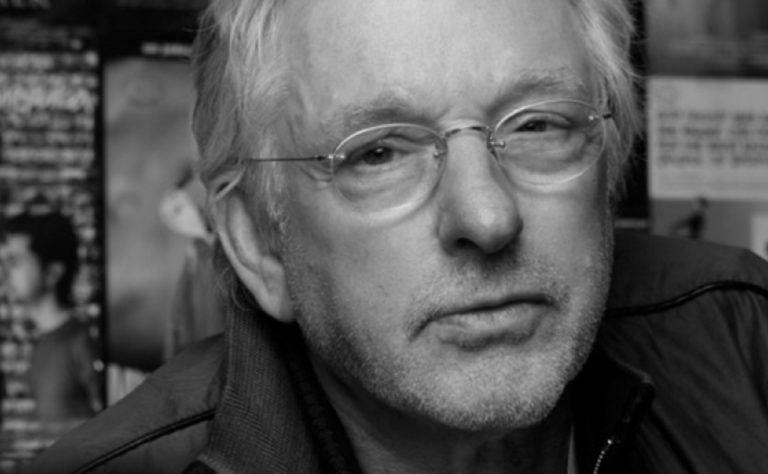
Acclaimed English film director Hugh Hudson, who’s best known for helming the 1981 historical sports drama, Chariots of Fire, has died, The Guardian is reporting. His family released a statement yesterday confirming the news, saying: “Hugh Hudson, 86, beloved husband and father, died at Charing Cross hospital [in London] on 10 February after a short illness.”
The Oscar-nominated filmmaker was married to British actress Maryam D’Abo, who’s best known for playing Bond girl Kara Milovy in in the 1987 James Bond movie, The Living Daylights. The family’s statement also said that Hudson was survived by her, his son, Thomas, and his first wife, painter Susan Michie.
English actor Nigel Havers, who starred in Chariots of Fire, commented on the director’s death, saying: “I am beyond devastated that my great friend Hugh Hudson, who I have known for more than 45 years, has died. Chariots of Fire was one of the greatest experiences of my professional life, and, like so many others, I owe much of what followed to him. I shall miss him greatly.”
Hudson’s death comes less than nine months after the drama’s iconic composer, Vangelis, passed away. Together they created one of cinema’s most famous scenes – the movie’s opening sequence, in which a group of runners, all dressed in white, run along the water’s edge of a very cold looking beach, which is set against the composer’s famed musical theme.
Born in London in the 1930’s, Hudson began his filmmaking career in the 1960s by editing documentaries in Paris, before he set out to direct his own movies. After working on such short films as 1963’s A Is For Apple, the helmer moved into directing well-received commercials, alongside several of his contemporaries, including Alan Parker and Ridley and Tony Scott.
In 1981, Hudson returned to filmmaking in full. He helmed his first full-length documentary, the racing film Fangio: Una vita a 300 all’ora.
Directing from a script by Colin Welland, and with the helm of Vangelis’ instant-classic synth-heavy soundtrack, Hudson was heralded for making a relatable, funny and very human movie. The drama chronicles the lives of British runners Harold Abrahams (Ben Cross) and Eric Liddell (Ian Charleson) at the 1924 Olympics.
Upon its release, Chariots of Fire became an international hit. It went on to be nominated for seven Academy Awards, of which it won four, including Best Picture.
“I think David Puttnam [the producer] chose me because he sensed I’d relate to the themes of class and racial prejudice,” Hudson told The Guardian in 2012. “I’d been sent to Eton because my family had gone there for generations, but I hated all the prejudice. The scriptwriter, Colin Welland, a working-class boy from Merseyside, understood it perfectly, too. So it was a personal story for us.”
Hudson’s next film was the 1984 adventure movie, Greystoke: The Legend of Tarzan, Lord of the Apes, which starred Christopher Lambert, Ian Holm and Andie MacDowell. The film is based on Edgar Rice Burroughs’ classic 1912 novel, Tarzan of the Apes. The film, which is widely considered to be one of the best Tarzan works ever created, was a box office hit and was nominated for three Oscars.
The filmmaker’s next project the 1985 historical drama, Revolution, which starred Al Pacino. Hudson’s other movies included the biographical dramas My Life So Far [1999], which starred Colin Firth, and I Dreamed of Africa [2000], featuring Kim Basinger. Hudson also worked on the stage adaptation of Chariots of Fire and directed an opera version of The Crucible. His last credit was for co-scribing the screenplay for the 2022 adventure movie, The Tiger’s Nest.

